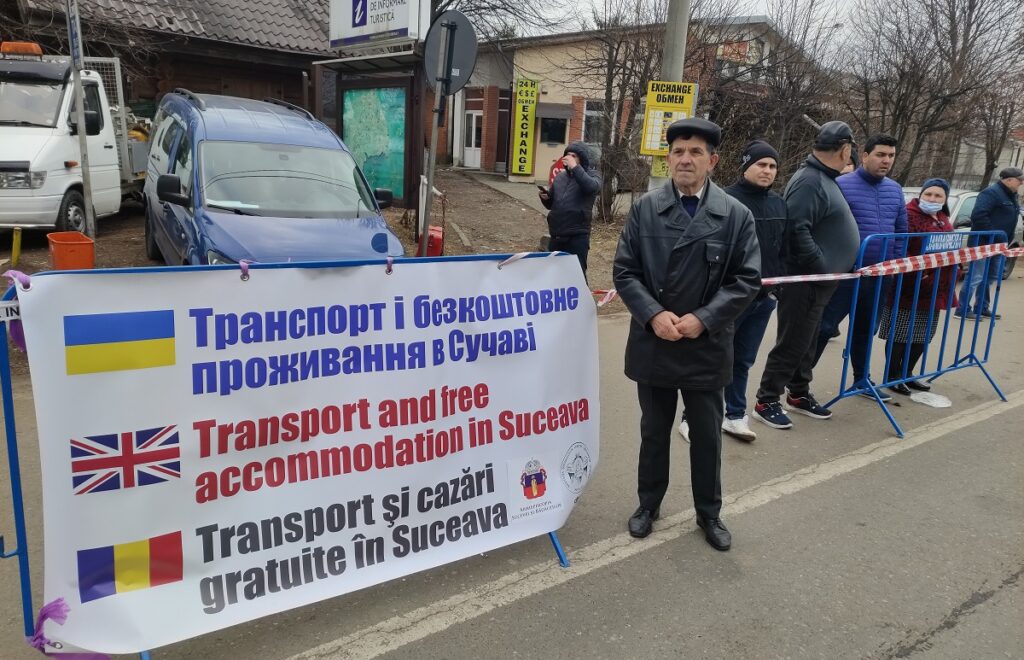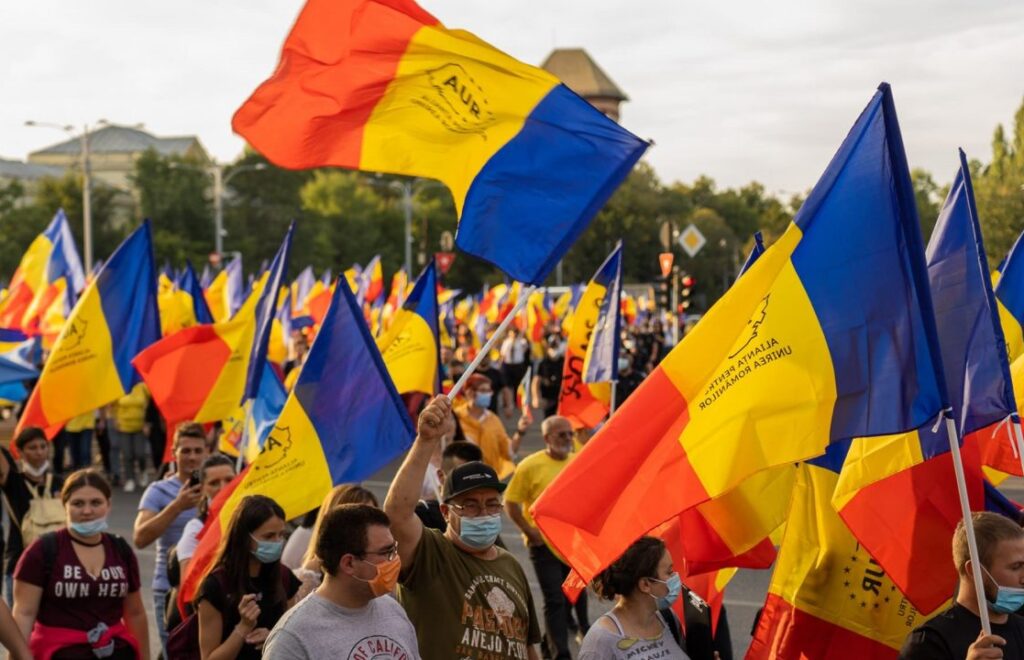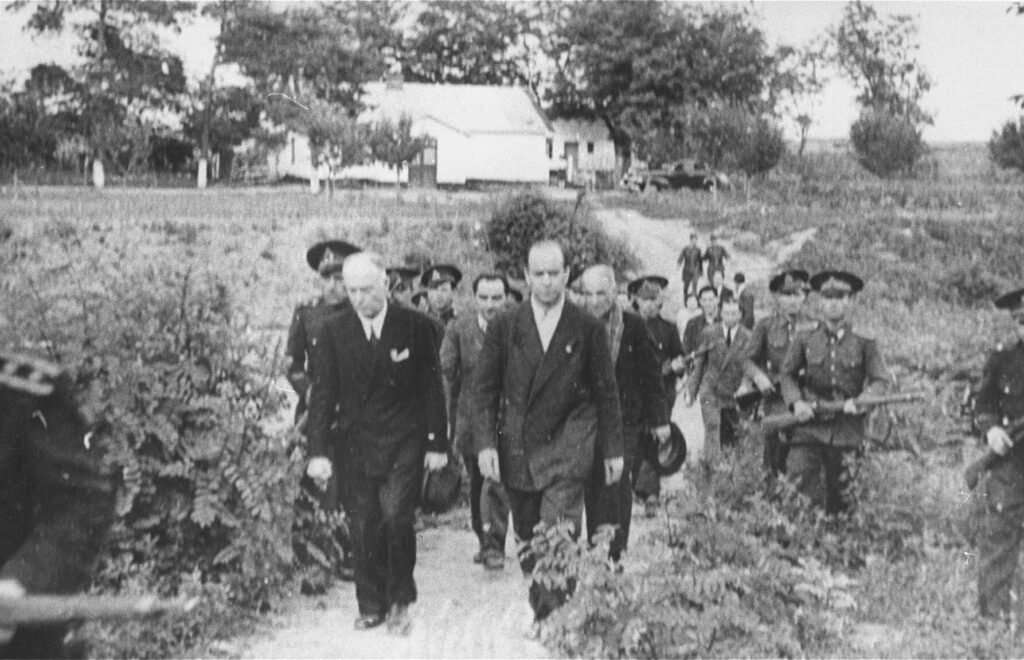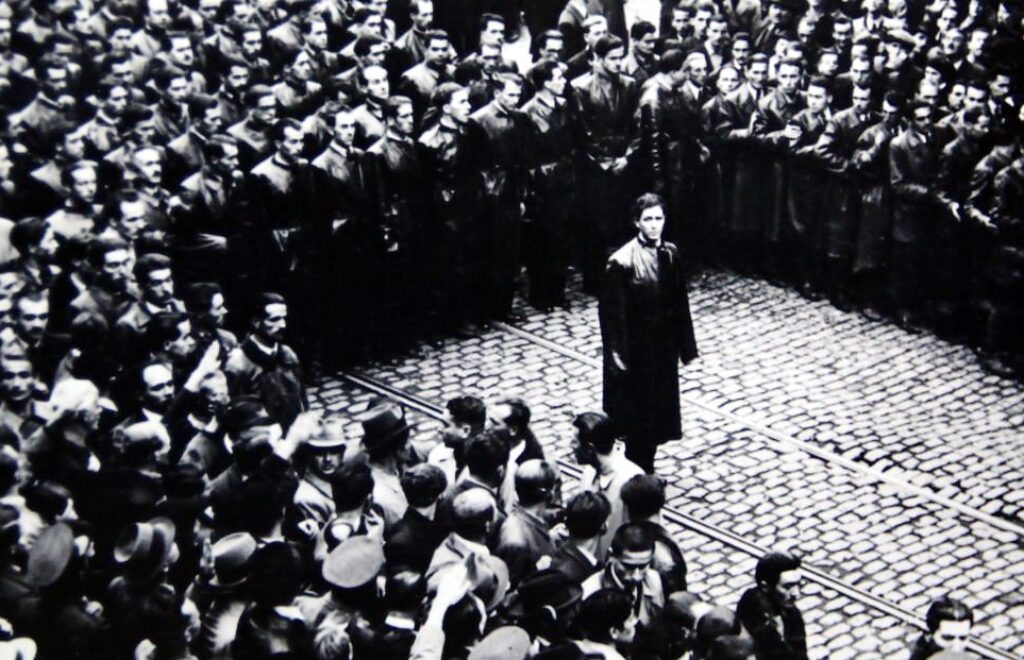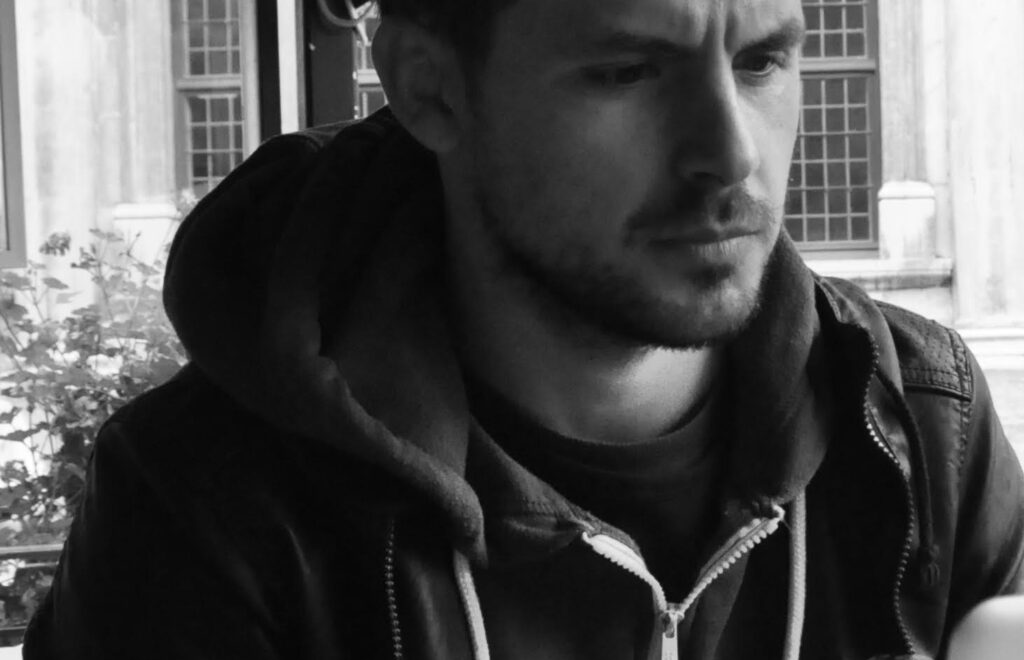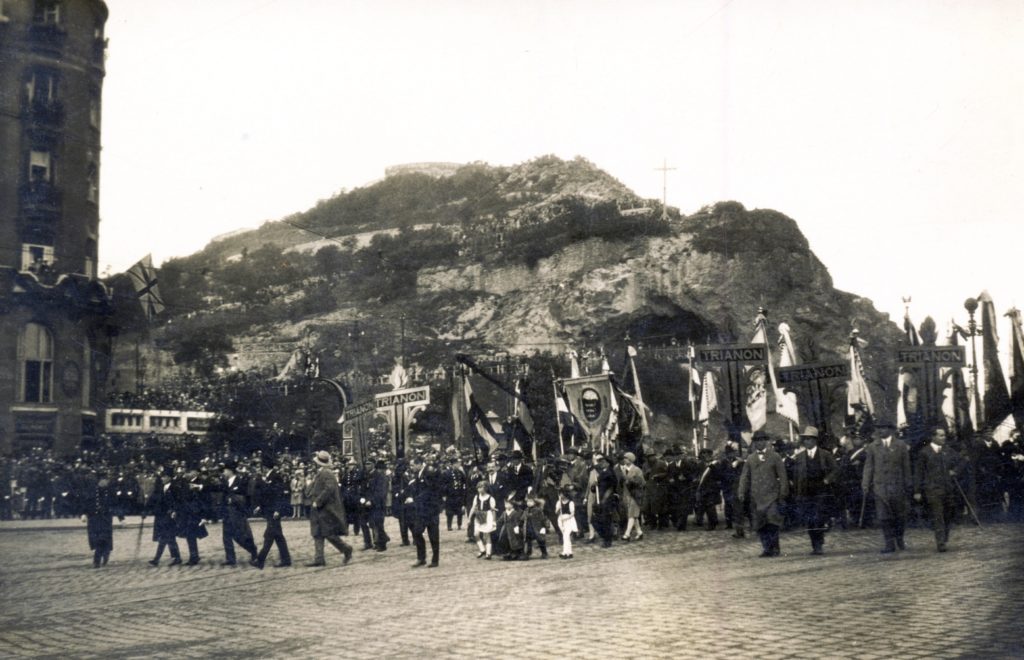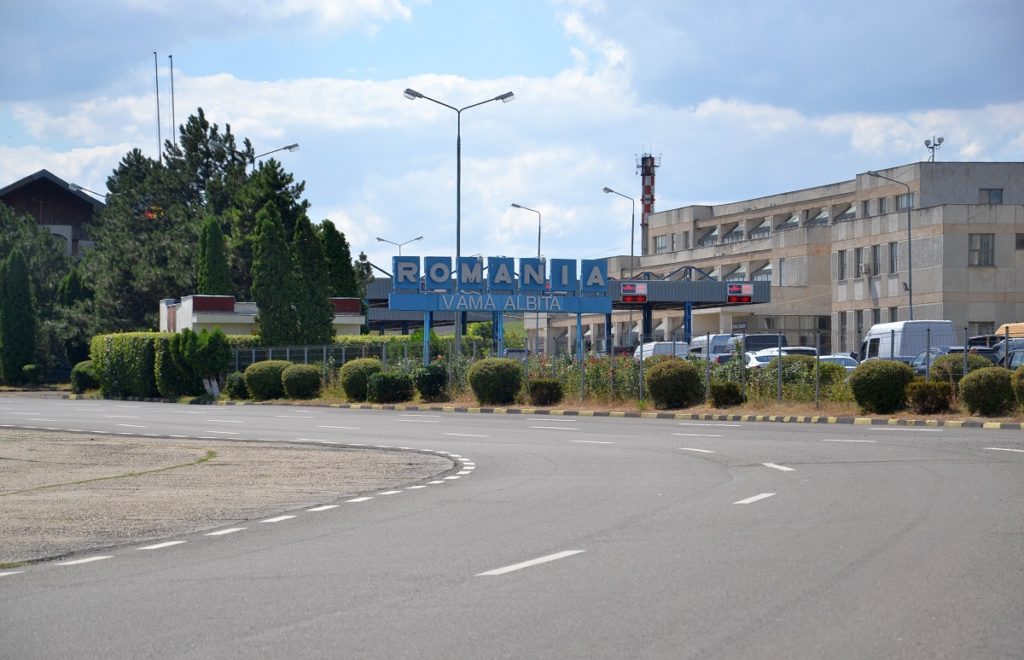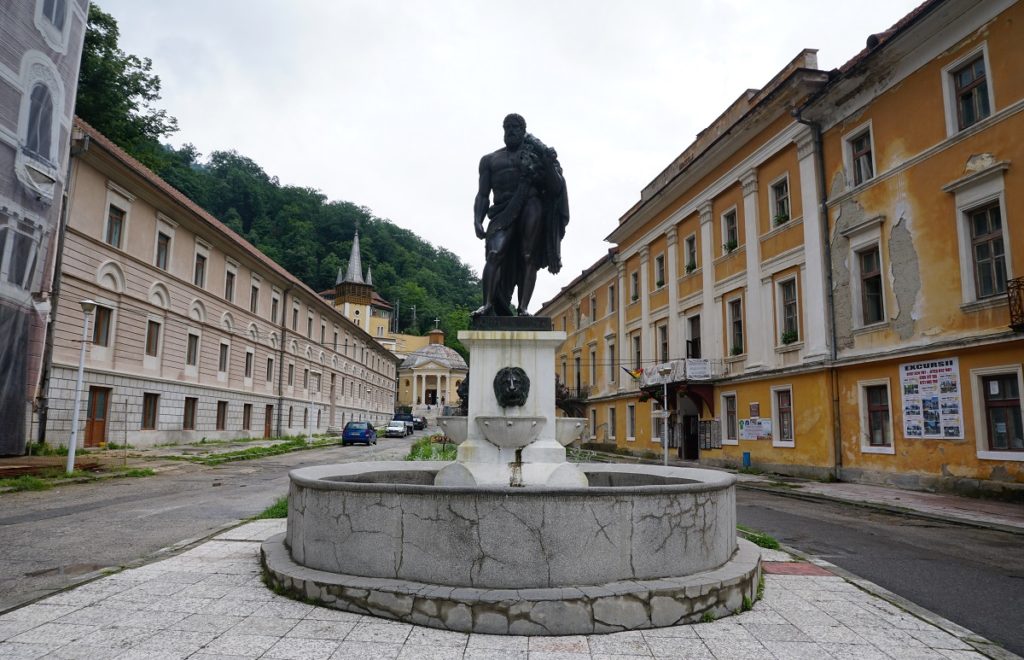More volunteers than refugees: how Romanians mobilised for Ukrainians
Since Russian tanks started rolling into Ukraine on February 24th, nearly half a million Ukrainian women, children and elderly people have crossed the border into neighbouring Romania. They have arrived either directly from their country or through Moldova. Although a far cry from the more than two million that already made it from Ukraine to Poland, this influx of refugees poses a great challenge to a country that is not exactly known for its robust social services or the organisational capacity of its administration. But, at least until now, things have gone much smoother than most would have thought.
April 25, 2022 - Marcel Gascón Barberá


